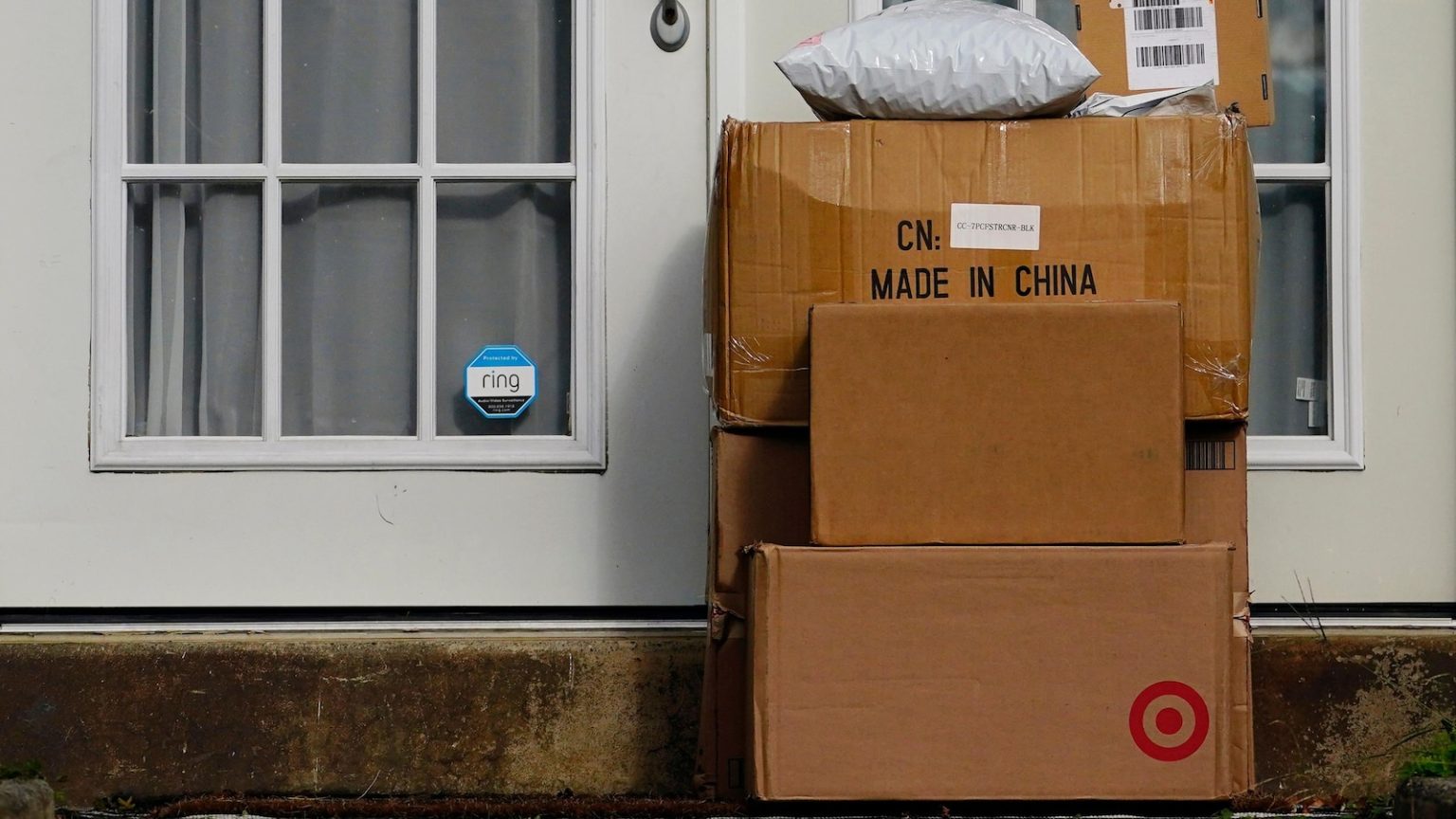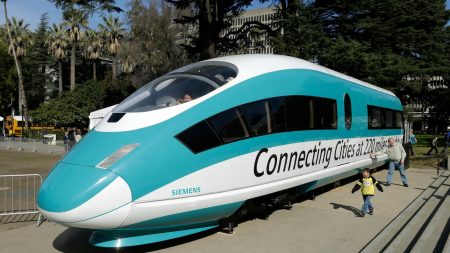The Impact of New U.S. Tariffs on Chinese Goods: Understanding the Ripple Effects
Consumer Electronics and Big-Ticket Items: The Biggest Casualties
A new 10% tariff on Chinese goods imposed by the U.S. government is set to hike prices for American consumers across a wide range of products. Among the hardest-hit categories are consumer electronics, which include smartphones, computers, and tech accessories. China’s dominance in manufacturing these products, including for major U.S. brands like Apple, means the tariffs will have a significant impact. In 2023, China accounted for 78% of U.S. smartphone imports and 79% of laptop and tablet imports. This reliance on Chinese production underscores how deeply integrated China is in the global tech supply chain. As a result, American consumers can expect higher prices for these essential gadgets. Additionally, big-ticket items like appliances, furniture, and auto parts are also likely to become more expensive, further straining household budgets.
Fast Fashion and Everyday Essentials: Affordable No More
The tariffs also threaten to disrupt the fast fashion industry, which has thrived on offering ultra-cheap clothing, shoes, and accessories. Online platforms like Shein, Temu, and Alibaba’s AliExpress have become household names by shipping inexpensive items directly from China. Under the previous “de minimis” trade rule, goods valued at less than $800 were exempt from duties, allowing these platforms to keep prices low. However, the suspension of this exemption means that these items will now face tariffs, potentially driving up costs for consumers. Analysts predict that while the price increases may be small, delivery times could suffer as packages now have to clear customs. Platforms like Amazon, which have tried to compete with these Chinese e-commerce giants, will also feel the pinch, particularly for third-party sellers who import from China.
Small Businesses and Auto Repair Shops: Bracing for the Blow
The ripple effects of the tariffs extend beyond consumer goods to small businesses and entrepreneurs. For instance, Jay Salaytah, a Detroit auto shop owner, preemptively purchased equipment before the tariffs took effect, anticipating higher costs. Stories like Salaytah’s highlight how small businesses are preparing for the financial hit. These businesses often rely on imported goods from China, and the new tariffs will squeeze profit margins, forcing some to either absorb the costs or pass them on to customers. While some companies may explore alternative suppliers in countries like Vietnam or Cambodia, many are likely to feel the pain of rising expenses.
Toys and Home Goods: A Price Hike for Everyday Items
Toys, another category heavily reliant on Chinese imports, are also expected to see price increases. The Toy Association trade group predicts that while companies may initially absorb the costs of the tariffs, these expenses will eventually be passed on to consumers. Similarly, home goods like kitchen utensils, pots, and pans could become pricier, affecting everyday households. The sheer volume of Chinese imports into the U.S. means that these tariffs will impact a vast array of products, from small kitchen gadgets to large appliances. As a result, American consumers will likely notice a gradual uptick in prices as the tariffs take hold.
Retaliation and Trade Wars: The China Factor
In response to the U.S. tariffs, China has imposed retaliatory tariffs on some American goods, signaling the escalation of a trade war. The tit-for-tat approach has left businesses and consumers caught in the crossfire. While the U.S. paused tariffs on Mexico and Canada after negotiations, China did not receive a similar reprieve, leading to the current standoff. The situation has global implications, as trade tensions between the world’s two largest economies continue to rise. For American businesses that rely on Chinese imports, this could mean a prolonged period of uncertainty and financial strain.
Delivery Delays and Long-Term Consequences: What Lies Ahead
Beyond the immediate price hikes, the suspension of the de minimis rule is expected to cause delivery delays as packages from China now have to go through customs. This could hinder the speedy delivery that platforms like Shein and Temu have built their reputations on. Additionally, the tariffs may incentivize companies to shift their supply chains out of China, but this is a long-term solution that will take time to implement. For now, consumers and businesses alike will have to adapt to a new reality of higher costs and slower delivery times. As the trade dispute continues to unfold, one thing is clear: American shoppers will feel the impact in their wallets.















